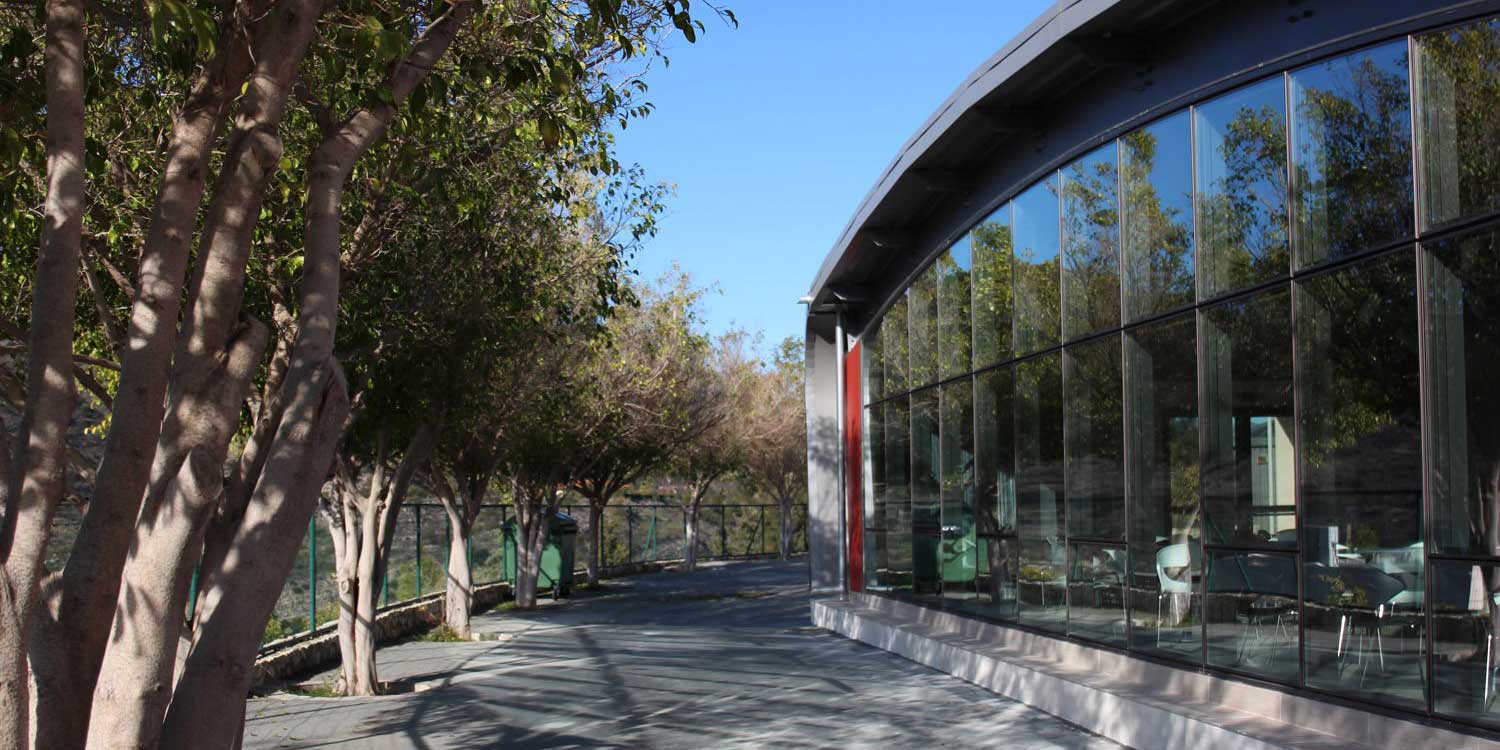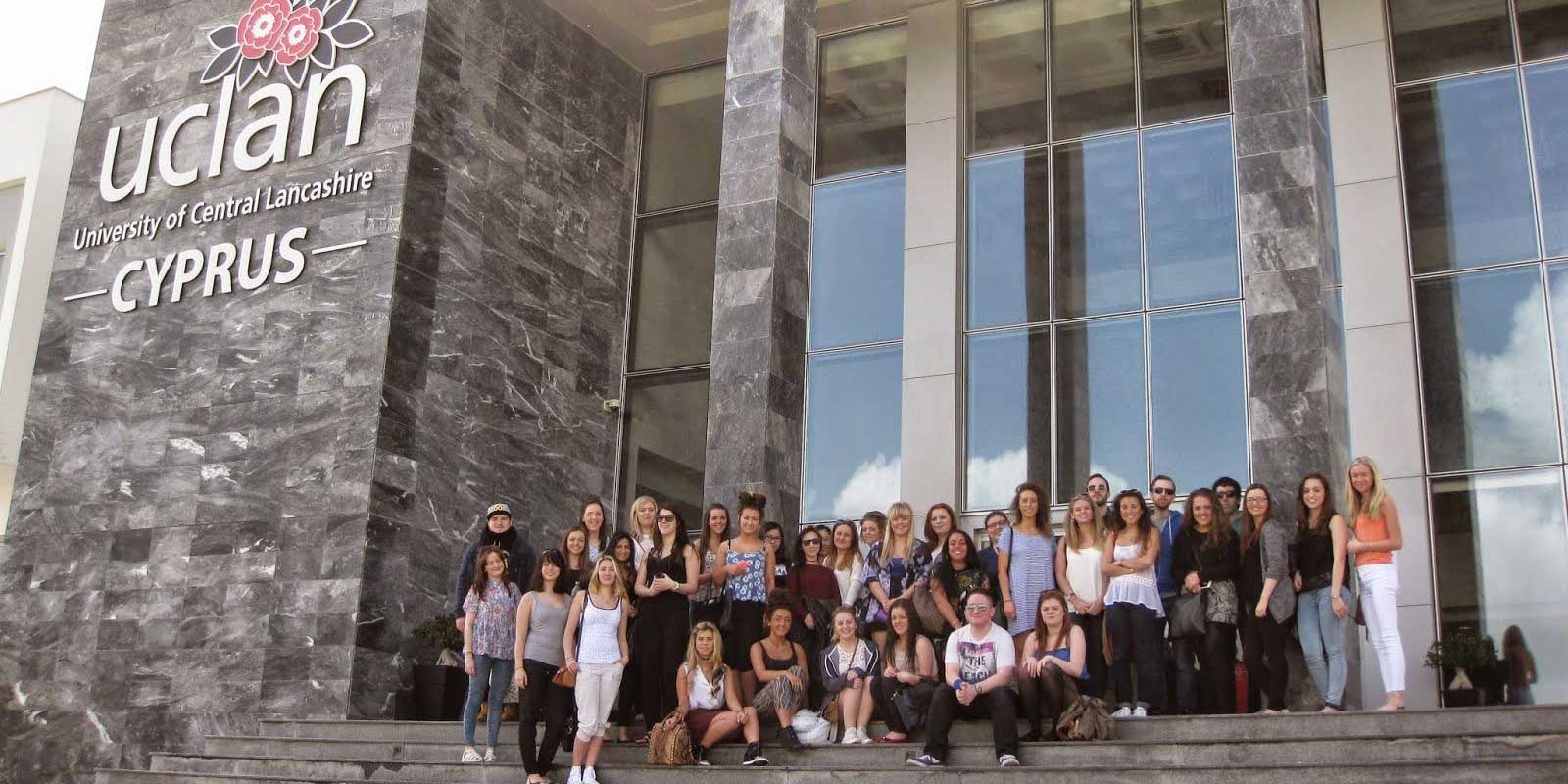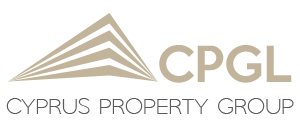Education
In the end of the second decade of the millennium, Cyprus has proved ready to face any global challenges in the field of education while presenting high qualified scientists and well-educated people qualified for any academic or professional field. Cyprus has indeed a remarkable number of people who have obtained high or higher education or diplomas, while a large number of graduates of high school continue their studies in foreign countries mainly the United Kingdom, the USA or certain European Countries like Greece, Germany etc. In fact Cyprus may pride itself for the fact that along with Denmark and Sweden has one of the highest rates of education among the European Union countries.
Public schools

Private education in Cyprus

Education in the above mentioned schools lasts for 13 years. Children start school at the age of 5 and their secondary education finishes at 18. The curriculum includes various subjects such as Mathematics, Physics, Biology, English, History, Literature etc while children studying in these institutions have the opportunity to sit IGCSE exams O’ Level or A’ level as required for their admission in British Universities. It is also worth mentioning that these schools run kindergarten schools in which children of age 2 and above may attend, before entering the primary school.
A quite convenient process may, moreover, be mentioned as to the age, knowledge and competence of students studying in these schools. Sometimes children of different nationalities, presenting a different level of knowledge of English may attend these English schools when they are in different ages (due to the fact that they may have not been in Cyprus since they were at the age of six). So these schools employ experienced teachers who may provide the students with tutoring according to their competence and knowledge.
In recent years, however, even Cypriot parents who prefer their children to be offered an English based education, send them to English schools where the children may have the opportunity to study for the IGCSE exams and be prepared for their admission in the British Universities.
The cost for the private English schools is not inhibitive. Tuition fees for junior classes amount to about €3.500 per school year and for senior classes to about € €7.000 to €8.000 per year.
Universities
Students graduating from high school have a choice of entering a University in Cyprus or Greece or even studying in the United Kingdom, in Europe or USA.
• The Open University of Cyprus (in Nicosia)
The first university, ‘The University of Cyprus’, founded in 1989, included the former Pedagogikon Institute which traditionally prepared students for both primary and secondary schools. Its first undergraduate students were received in 1992 and its first postgraduate students in 1997.
In 2002, another University was established, the ‘Open University of Cyprus’, offering distance learning programmes for lifelong learning and professional development. The Open University accepted its first student in 2006.
In 2007, a third University was established, this time in the town of Limassol. Its faculties include studies related to applied sciences and technology
Other options regarding postgraduate studies include private Universities based in all the major cities of Cyprus. These three private foundations registered in 2007 were provided probationary license to operate according to the legislation regarding the establishment and operation of private universities in Cyprus imposed by the EU.
• The University of Nicosia
Three years later in 2010 a fourth private university, the ‘Neapolis University-Cyprus’ based in Paphos started its operation on the basis of the probationary license.
The programmes, the curriculum, the procedures and the buildings of all four private universities, which are in fact to a great extend autonomous, are submitted for evaluation and approval by the Evaluation Committee of Private Universities (ECPU).
Branches of well- known Universities


